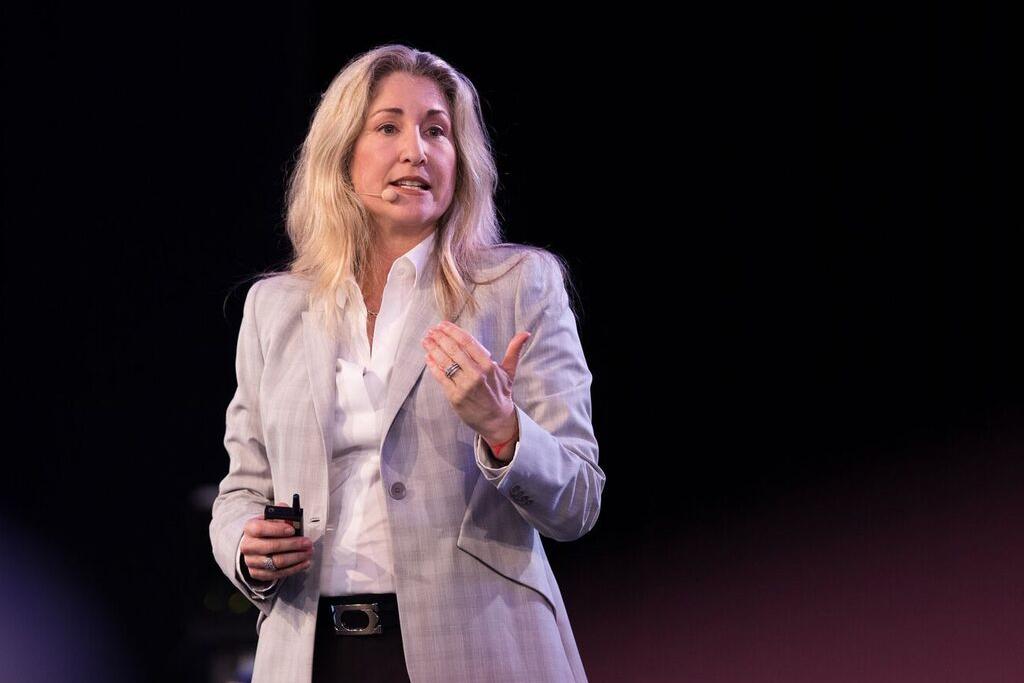In the competitive world of branded merchandise, driving sales growth isn’t just about your products – it’s about how your employees and customers experience your brand.
That was the message from keynote speaker Tiffani Bova to a packed ballroom of promo pros at Mandalay Bay Convention Center on Monday.
Her remarks kicked off The PPAI Expo Conference’s education sessions with ideas and insights on sales pipeline optimization, people-centered growth and how to close the experience gap.
The former chief growth evangelist at Salesforce and best-selling author of “The Experience Mindset” spoke of leveraging insights to streamline processes and reduce friction in customer interactions.
“Merchandise is a connection to people.”
— John Corrigan (@JohnCPPAI) January 13, 2025
Keynote speaker Tiffani Bova energizing the packed ballroom at Mandalay Bay during The PPAI Expo 2025. pic.twitter.com/FDTVJSlhBO
“Merchandise is a connection to people,” Bova said. “If I saw someone wearing a Salesforce backpack or hoodie, I’d walk up, ask if they were a client and we’d have a whole conversation. [Promo pros] are at the center of connection. You’re the thread that brings people together even if it’s super subtle.”
Embracing Digital Transformation
In a common refrain throughout The PPAI Expo Conference, Bova emphasized how capitalizing on technology leads to sales growth.
“Those sellers who win deals will be the ones that use technology better than their competition,” Bova said. “Growth is not a destination; it’s an ongoing journey of adapting and evolving. In business, standing still means falling behind.”

Tiffani Bova
Keynote Speaker, The PPAI Expo Conference
While many companies have been admiring the opportunities that digital brings, Bova said, they’ve been focused on “doing things better” when getting dramatic results actually comes from “doing things differently.”
“The biggest threat to the long-term survival of most companies is neither competitors nor economic downturns,” she said. “Instead, it comes from within, in the form of inertia, organizational complexity and bureaucracy.”
- Three-quarters of companies think they’re customer-centric, but only 30% of customers agree, according to a study by Capgemini.
“It’s not just about the initial sale,” Bova said. “If you start to learn their behavior – for example, knowing they have an event in March and being proactive about it in January – you’ll see an average 5-10% higher share of their wallet.
“The future is in this room. It isn’t just about tech. It’s also about our personal development – building relationships, not only today but over time.”


